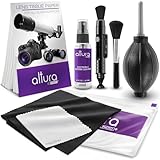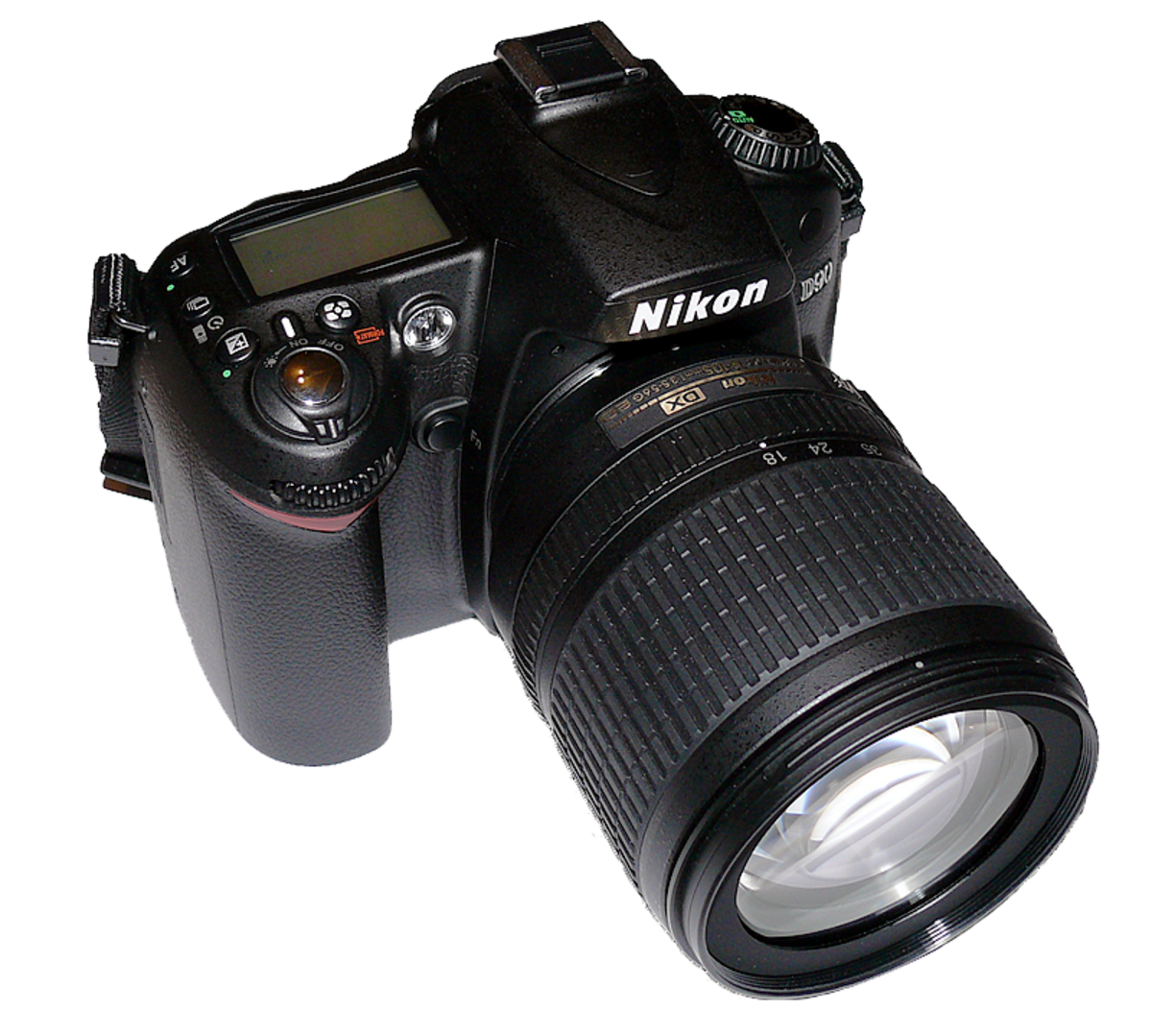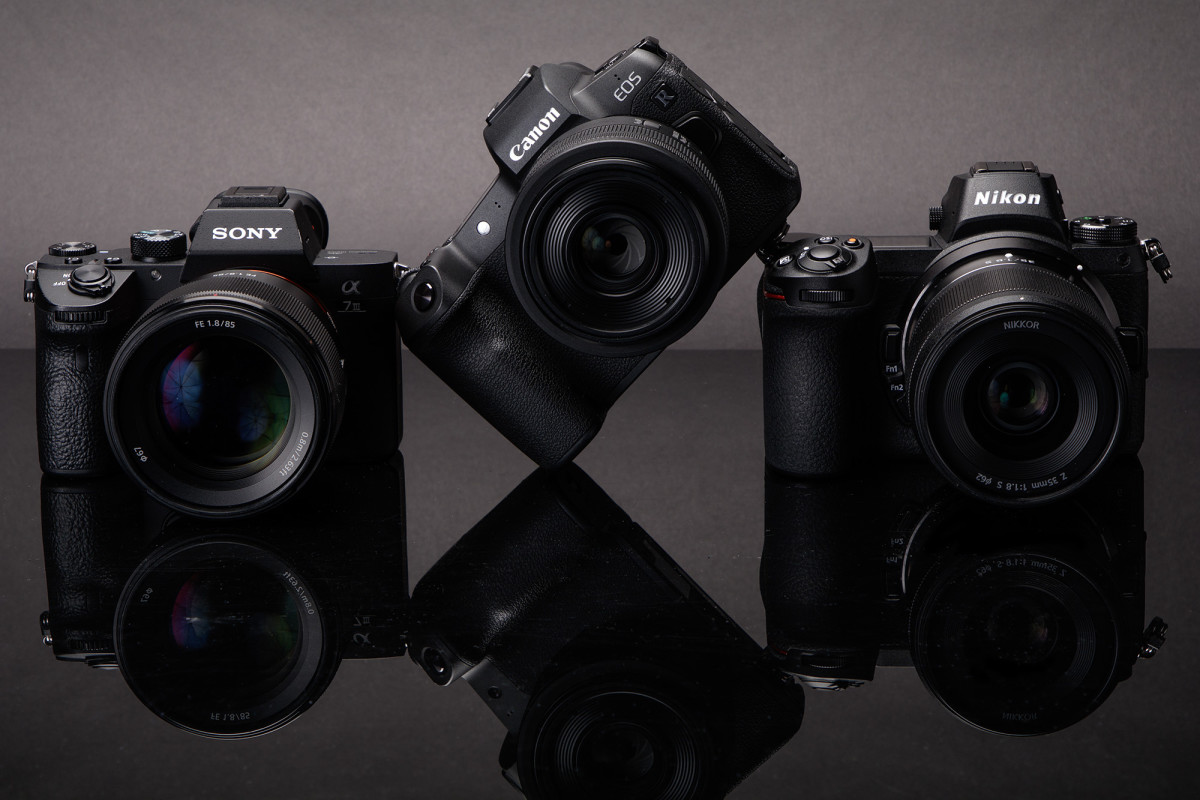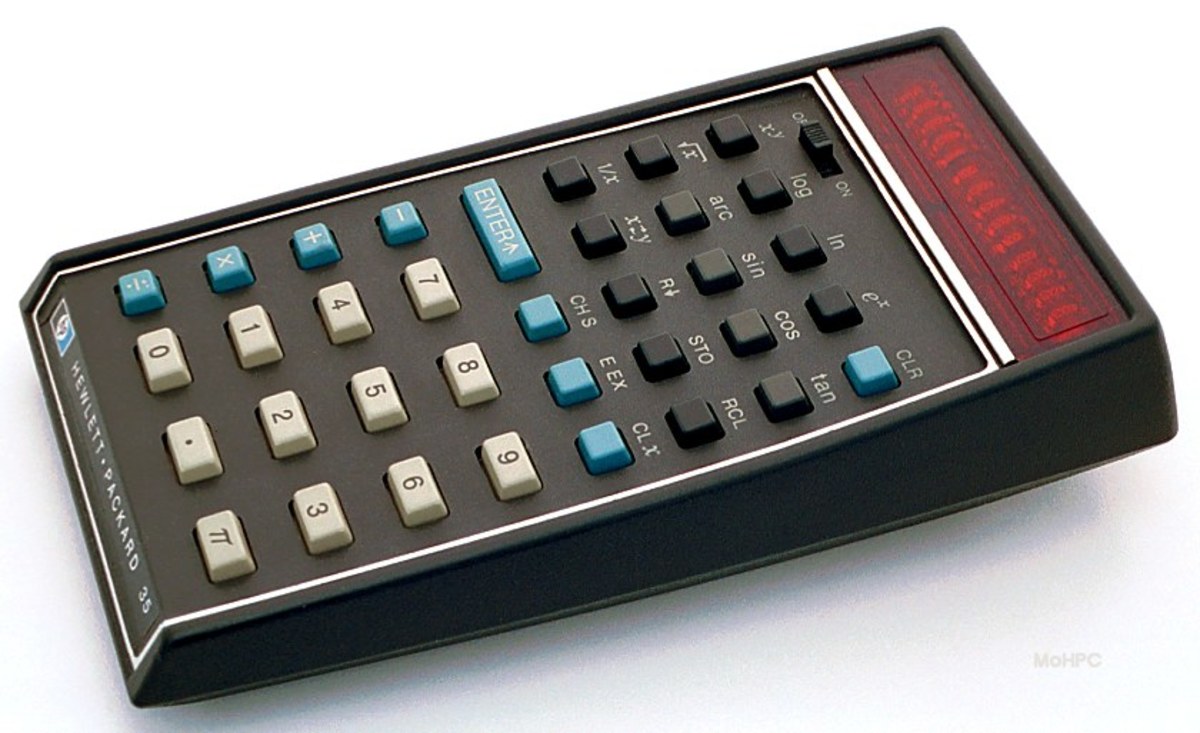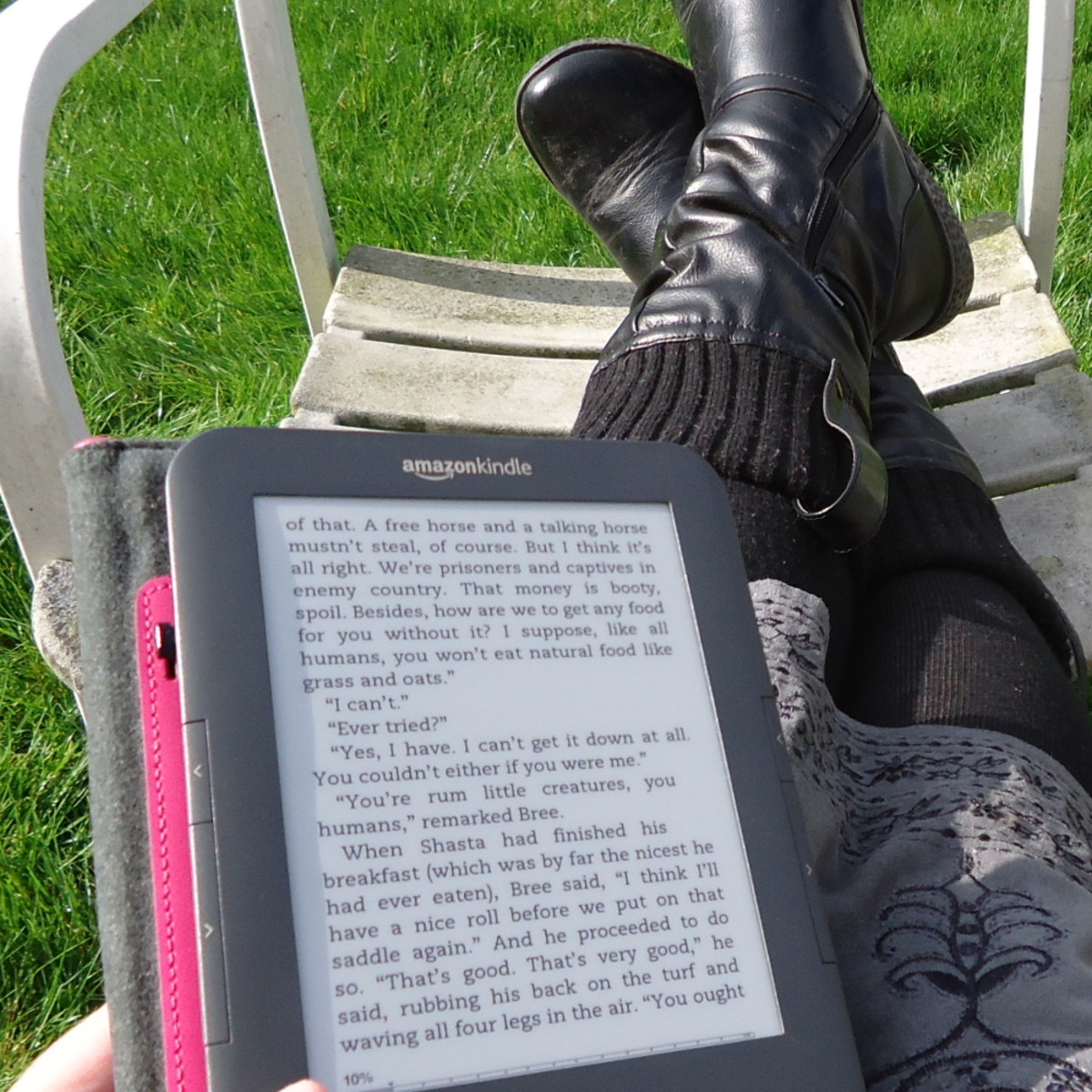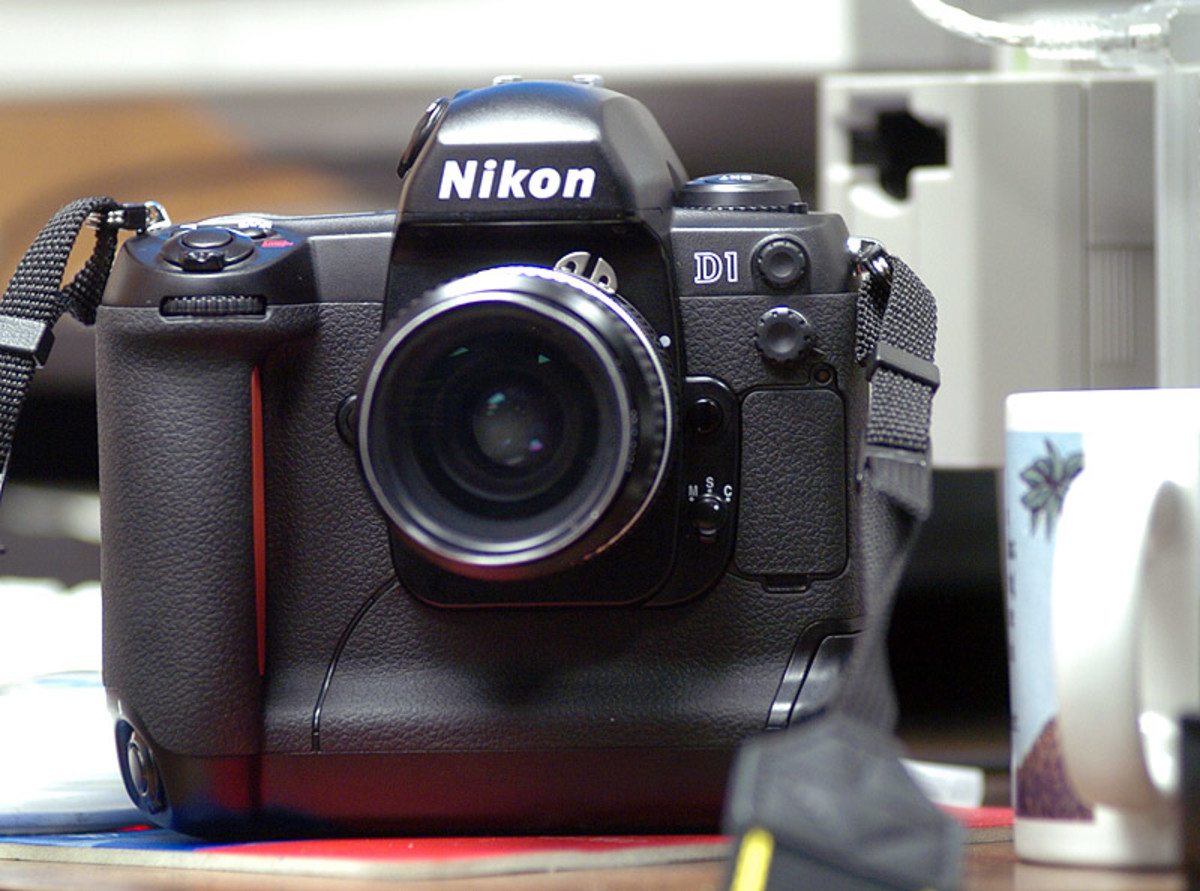How to choose a good digital SLR camera for beginners
Choosing a brand
I am not good at choosing compact cameras. But if it is your first DSLR camera, I would gladly share a summary of my investigations, how to choose it.
Let's try to find out what suits your demands taking into account money you have. Maybe you do not like what I say. We all have our own vision of a perfect camera.
Choosing a DSLR camera seems to be simple. But if it was that simple, the problem of choice would not cause such a broad discussion on the net. The questions like: "What is better "Canon" or "Nikon"? have no answer. The more this or that brand is represented in this or that country, the more fans it has. Probably this is the main reason why this question is forbidden on many forums devoted to photography. Disputes about it are useless and often go to a dead end, or turns into a personal quarrel with many swear words and negative emotions. Forums devoted to "which camera is better" often become a fight of the rivals.
Actually you should not choose a brand. You should decide how much time, efforts and money you want to invest in photography. Camera will be a result of your decision.
The simplest solution is to buy the most popular camera. In Ukraine it is a Canon, in any other country it is probably Pentax orNikon. So if you do not want to suffer a difficult choice, you may switch your laptop off right now and go to the nearest mall to buy the cheapest DSLR camera of the most popular brand. But if you keep reading this hub, it means you are still tortured by a variety of choices so let's continue.
Your next step is to ask someone experienced. Here, it depends a lot on the asked person. You will hear absolutely different opinions. Some of your friends may say that "Sony" is good, others that "Canon" is better. If you search the net you may find out that everything you know worth nothing and Nikon is better than Sony and Canon. You probably go to forums and ask your question there to find out that Pentax is the only camera worth your attention. At least this is exactly what happened to me! As a result you come into a circle which has no way out.
In fact most of the people follow the proverb "every cook praises his own broth". It is a tendency which depends on the number of fans of this or that brand. At this point a mass psychology comes into action - if the majority of people say it is good, then it is really good! Sometimes it is true, but sometimes it is far from the reality!
A real truth is: at this level of technology there is no difference in a technical quality between different brands. Nowadays cameras of different brands make pictures almost of the same quality with differences explained by statistical errors. Differences in pictures made by different photographers are also explained by hands, head and experience of these photographers! If it was just a question of the brand, then the whole world would use the same camera! Do you know which camera used Henri Cartier-Bresson (Leica) or Ancel Adams (Kodak)? People remembered their works, but not their cameras.
Does it mean that all cameras are the same? Of course not. Any camera has some evident advantages and disadvantages which can be compensated by other disadvantages or advantages of the other cameras. Perfect camera does not exist. Even professional cameras are not perfect - they are heavy, bulky, complicated, and very expensive.
Based on the stated above I may suggest that you choose a camera according to your own taste. No other opinion will count no matter how experienced your friends or people in a shop are.
Why not to buy an expensive camera if I can afford it?
You probably will not use most of functions of a professional camera. As a beginner you just will not see their necessity. Most likely you will use the same functions which are offered in every budget camera. This is a reality for a majority of people. Only if you make the photos and your experience says that this picture could be better, but technical features of the camera does not allow to do a better shot, if you are ready to pay for it and it is worth investing money - go for it and buy a professional camera. At least this is my humble opinion.
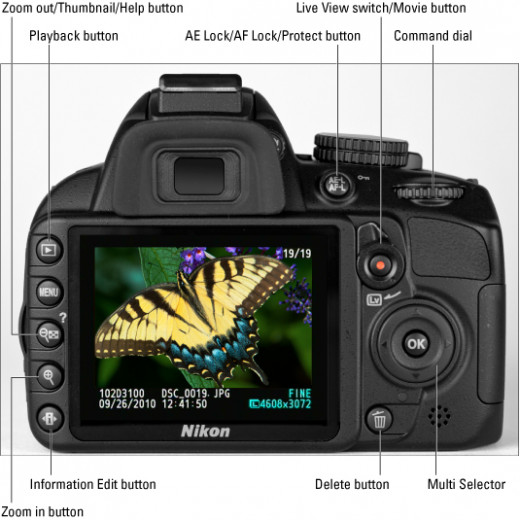
I want "made in Japan" camera. They are better.
Bear in mind that so-called "Japanese" or "German" quality does not exist nowadays. All modern cameras became affordable because they are assembled in China and Taiwan. The term "Japanese quality" died. Instead, people often use "Compliance with ISO standards" (90001, 2000, 50000876456787 and other horrible figures). In fact, ISO standard determines a system of enterprise management, but not the quality of produced goods.
All cameras are supposed to be changed earlier or later. With help of advertising and promotion campaigns manufacturers want you to buy a new one. The same approach is peculiar to other modern equipment as well. Therefore, manufacturers are not really interested in a building of life - time warranty camera.
What should be taken into account while choosing a camera?
Try to analyze information from different sources. Sift this information, reject the most expensive options. If you have money for 500 USD camera it makes no sense to choose among models which cost 1000 USD even if they are good (they are good indeed, but you are unlikely to understand how good they are).
Choose several models that you like most and sort them according to certain features.
Go to the shop, have a look at them, make some test shots using your own memory card to check it later on your PC. Hold the camera, check if the grip fits your hand. Listen to the sound of the camera shutter. It may be ridiculous, but believe me this is exactly the factors which may influence your choice.
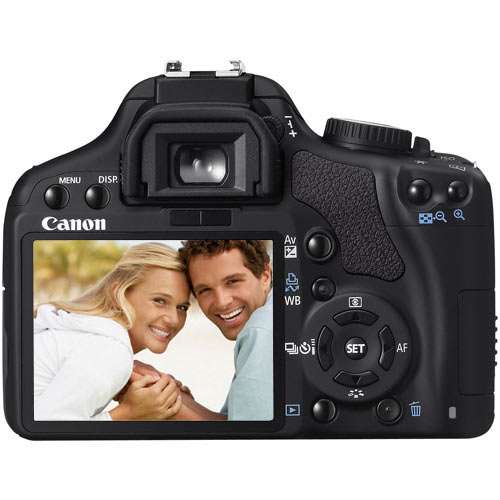
The camera is not convenient.
The problem of ergonomics can be discussed long, but this question has no a definite answer. Buttons, switches, dials are placed in different positions depending on models and manufacturers. Some of them are "the know-how" of the manufacturer so it is prohibited to copy the same in other models. But all of them have their own logic placement. It was thoroughly designed by a manufacturer and you get used to them earlier or later. If you got used to one camera it is just difficult to get used to the other. Fan of Nikon would never like interface of Canon and vice versa.
Is a good image an achievement of a photographer, or a camera?
I would probably say that 60 % of your picture is your ability to make a picture, to see an attractive angle, to imagine what it will be like. 30% - your lens and may be 10% or even less - it is the body of your camera. If you want to do photographing professionally later on do not buy extra expensive body and cheap lens. It is better to have a cheap body and good lens. You will change the body if you wish. To start with buy a camera with kit lens "to understand" what you need and where to grow.
As to a future growth as a specialist you should remember that the popularity of a brand determines a popularity of the lens. The more popular the brand is the easier to find necessary accessories to the camera. Make a choice between a cheaper camera, which is more comfortable in work and the camera which can be easy upgraded by additional lenses.
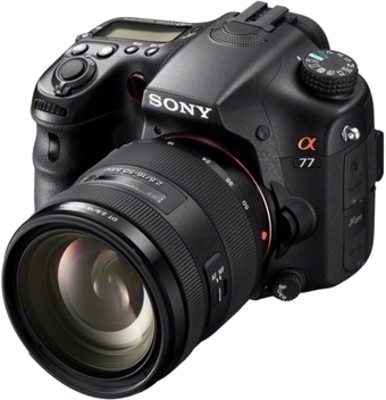
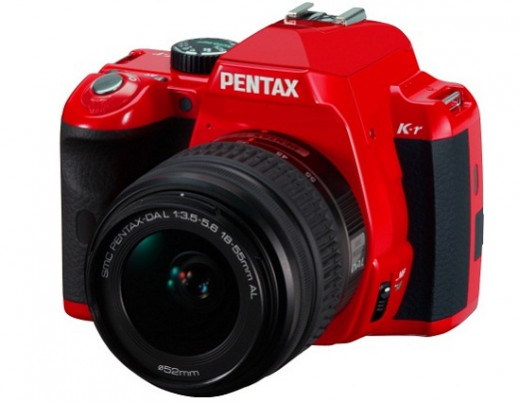
Conclusion: which camera to choose?
Choose any DSLR camera of initial level. There is no difference between them no matter what the manufacturers or distributors say about it.
If you look for a variety of functions, if you are sure that this camera is your "final destination" and you are not going to upgrade this camera buying new lenses or accessories, if you want to make pictures on the level of advanced user, buy Sony or Olympus. Nowadays they have numerous interesting models with an efficientauto-focus and perfect quality of an image. As a rule they have a built-in optical stabilization and menu with good help for a beginner. Besides a kit camera would cost often cheaper than models of Canon or Nikon with the same options.
If you want to develop as a professional photographer and plan to buy EXPENSIVE AND QUALITY LENSES, if you already have a compact camera and understand a little bit in photography then your choice is Canon or Nikon. These cameras can be upgraded and have lots of accessories and different lenses both new and used.
If you are a fan of traditions or need a reliable camera for bad weather condition - choose Pentax. You will never feel sorry for your choice.
If you do not know which camera to choose - full frame of cropped, do not worry too much. Full frame camera is as good for a beginner as a microscope to nail planks. You will not break it, but you will not use all possibilities offered by a full frame camera.
Canon or Nikon? — Both are good.
Which is better for a beginner? — Sony or Olympus.
Which camera makes better photos? — The one you hold in your hands (that is true).
How big screen do I need? It makes no difference. You need a screen just to browse menu and have a look at your pictures. Use an optical viewfinder to focus. Optical viewfinder is a significant advantage of an DSLR camera. If you previously made photos by compact cameras and did not get use to a viewfinder, do not worry. You will be pleased to see a difference focusing with help of a viewfinder and quickly forget that you used screen for it.
How many mega-pixels do I need? For a beginner even 10 MP is enough to print big and good photos. "Megapixel rush" is a marketing trick to make you buy new cameras.
Which lens should I buy? Usually kit lens with focus 18-55 mm is a good start for a beginner. Just start making photos, analyze your first 100 shots, try to understand what is good and what is wrong with them and consult with the more experienced photographers. As a rule 90-95 pictures will be thrown away. Make another set of 100 shots taking into account changes you had to do and analyze themagain. 90% of them will be not good again. Now have a look at the properties of the pictures (diaphragm, focal distance) and you will understand which lens you need. Wide angle lenses are usually used to make pictures of landscapes, 50/85 are classical lenses for portraits.
The choice is yours! Good luck and have a nice picture!

